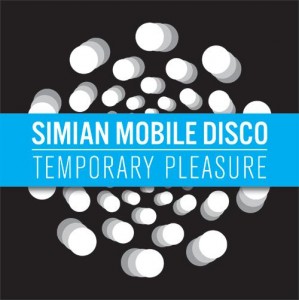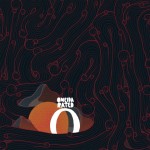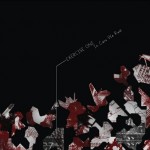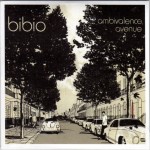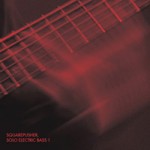Music Review
Pitchfork
August 2009
Link
5.0

Modern life can be rubbish. Or so says Esser, an English electro-pop troubadour who sports a flattop that’s vintage mod (or exaggerated Jordan Knight). Despite a nonchalant delivery and mostly sunny melodies, he seems down. On opener “Leaving Town”, he says, “It feels like I’m drowning, so I threw my mobile in the sea.” On the cartoonish chorus of the title track, he suggests putting on a brave face when the morning comes, and if that little affirmation doesn’t see you through the day, attach a brick to your legs and jump into a lake. By track three, he doesn’t mince words: “I’ve got a problem, it’s called living.”
With a musical bent towards bouncy melodies and eclectic instrumentation, Ben Esser’s debut album of fractured pop is still more muddled than sharp. The dark undercurrents in some of his songs make sense. He’s often namechecking 1960s British producer Joe Meek, a skilled yet paranoid artist known for both his tragic demise, a shotgun murder/suicide in 1967, and his ramshackle audio experimentation on hit singles such as “Telstar”. Esser seems to aspire to create conceptual pop– not sure if his matching good and bad neck tattoos are commentary on the duality of man or just fashionable ink. But where Meek literally experimented with found sounds and production gear, Esser plays with established techniques and toys to no singular effect.
Pop singers certainly don’t need to reinvent music production to be gripping, but Esser’s debut doesn’t strain or stretch creative boundaries or hit that perfect balance between playful and experimental in the same way that contemporaries like Micachu and the Shapes do. “Leaving Town” and the title track coast by pleasantly enough, with horns or synth flourishes dressing up run of the mill beats. “Stop Dancing” is a Streets-like meditation on getting fucked up in the club, and single “Headlock” rolls by with bulbous beats and warped synths before ending in a pool of squeaks and sound effects. While he shows some skill at the kitchen-sink approach to pop experimentation, perfecting it is far from simple.
Esser’s lyrics, often delivered in a sub-Damon Albarn style, swing towards self-deprication, though they can sound ham-fisted and ring hollow. Take a track like “I Love You”, where love can be dangerous like a fire in your kitchen– a grease fire of passion? He even adds that “love is no excuse for bad art,” a line no singer should ever serve up with a straight face. “Satisfied” sways with staccato piano and stock phrases like, “You know it’s hard to please a woman/ She’ll put you on your knees and make you cry,” and originals like, “You know a man can never win/ Even if you buy her all the shoes.” Esser needs to tweak the formula a bit, though Cee-Lo has reportedly enlisted him to do production on his solo album, so he’ll get plenty of opportunities. Esser has also said artists don’t do their best work until three albums in. Time to buckle down, book some studio time, and put on that brave face.
